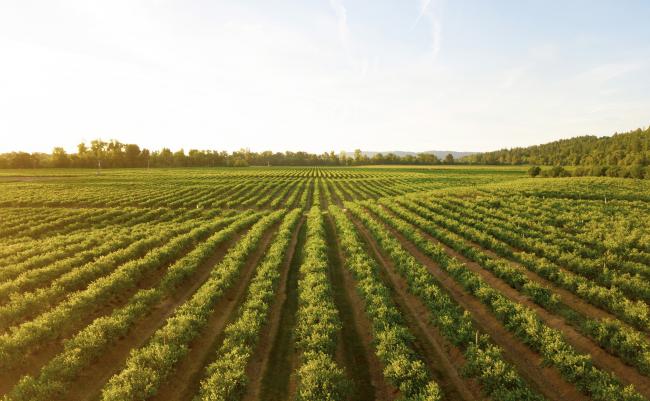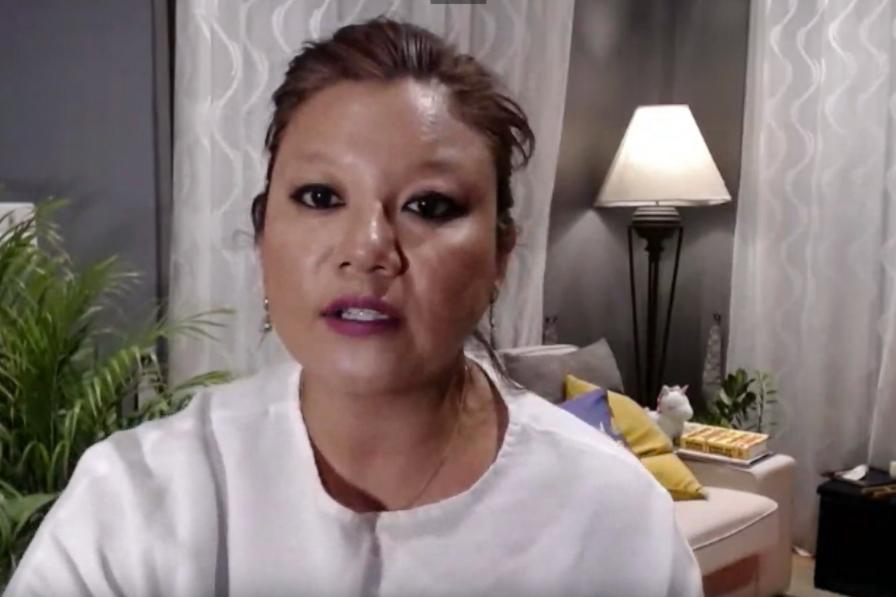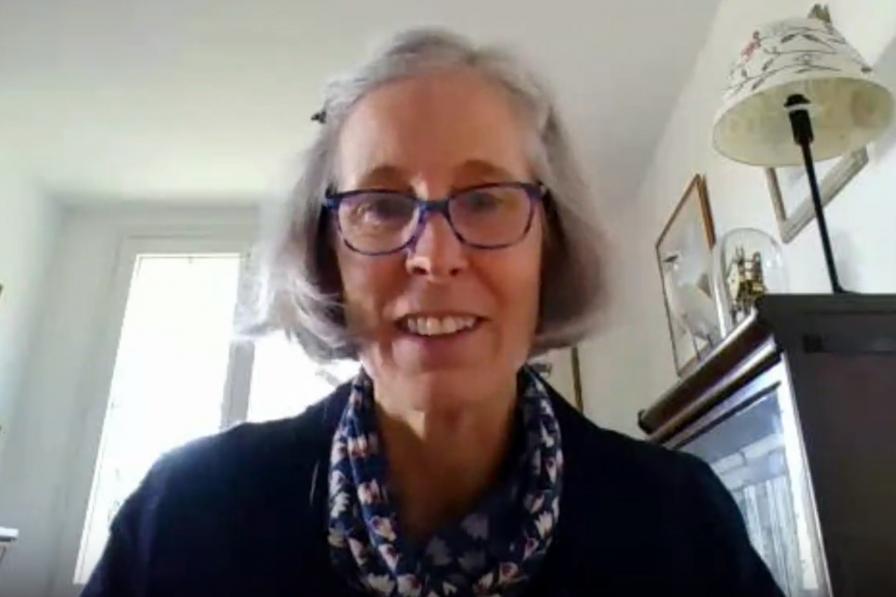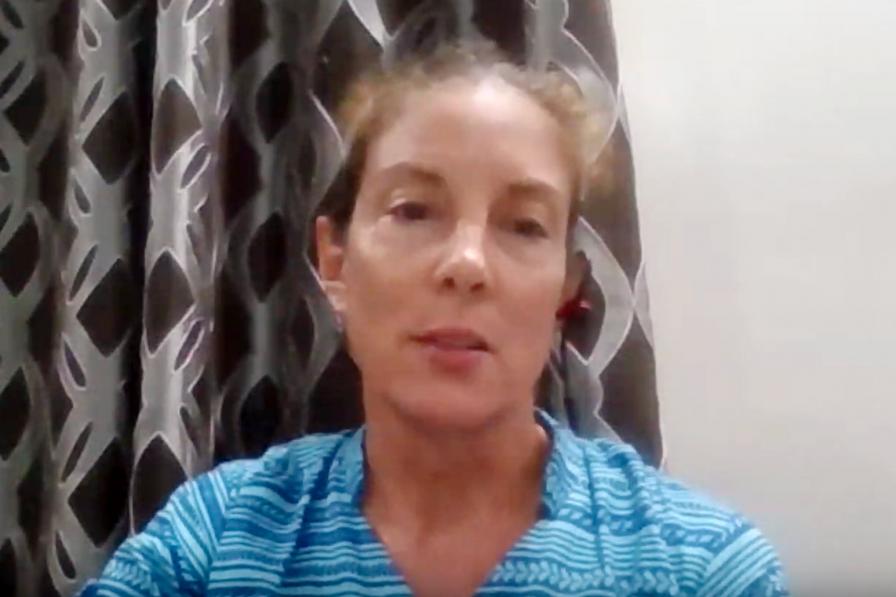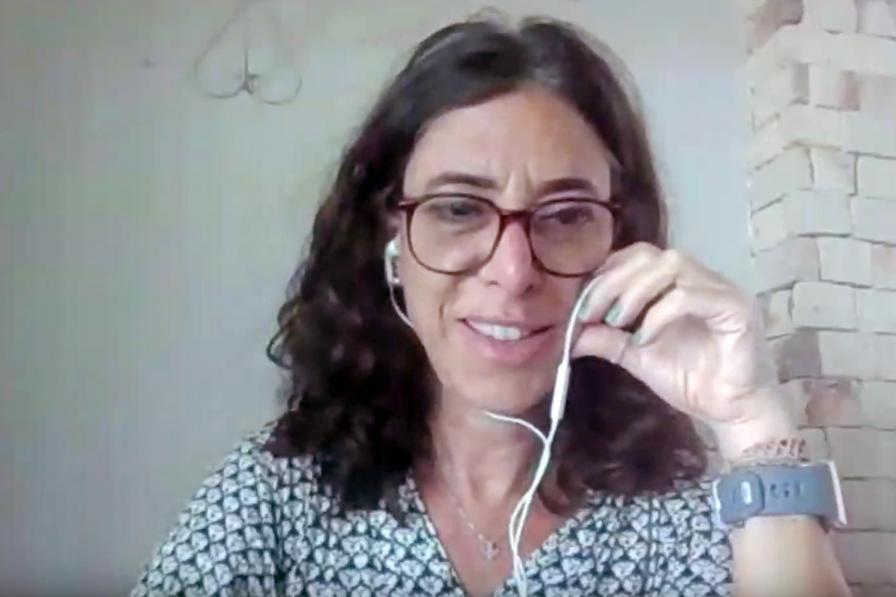Delegates continued to consider marine and coastal biodiversity, with many urging the protection and sustainable use of marine and coastal ecosystems, pointing to important ecosystem services they provide. Coral reefs, mangroves, and seagrass were raised as priorities for protection. Parties raised a number of potential threats to be considered in more detail, including marine litter and microplastics; coral bleaching; and anthropogenic underwater noise. Some also pointed to threats from illegal and overfishing, while others stressed the importance of local and small-scale sustainable fisheries.
Many parties urged that issues related to oceans be brought more to the forefront of the post-2020 global biodiversity framework. Some parties also urged updating the programme of work on marine and coastal biodiversity in line with the global framework once approved. A number of parties underscored the need to collect more data and the importance of marine spatial planning.
Many welcomed the proposed options for modifying existing Ecologically or Biologically Significant Marine Areas (EBSAs) and for describing new ones, and proposed ways to improve and streamline the proposed processes. The International Indigenous Forum on Biodiversity (IIFB) called for the inclusion of Indigenous knowledge and indicators in the designation process for EBSAs.
Delegates also heard statements from representatives of Indigenous Peoples, Major Groups, inter-governmental organizations (IGOs), and non-governmental organizations (NGOs). Many stressed how food security is linked to marine biodiversity and its importance for local livelihoods. They urged including Indigenous knowledge with the prior and informed consent of Indigenous Peoples and the perspectives of women, youth, and relevant rights holders. A number of IGOs spoke to their work and the potential for ongoing and deepened cooperation, which had been raised as an important issue by many parties.
Delegates then considered agriculture and biodiversity, with many parties stressing the importance of ensuring food security and sustainable local food systems. A number of parties raised challenges regarding the intensification of agricultural practices and climate change. Soil biodiversity was a focus of discussion. Parties welcomed the ongoing work, including with other international organizations on assessing and enhancing soil biodiversity. Some recommended further scientific research and monitoring of soil biodiversity, with one delegate adding measuring soil carbon content and the preservation of soil organic carbon stocks. A number of countries asked for increased attention to soil biodiversity, including in the post-2020 global biodiversity framework. Others stressed the importance of Indigenous and local knowledge and the need to preserve local crop and animal diversity in agriculture.
